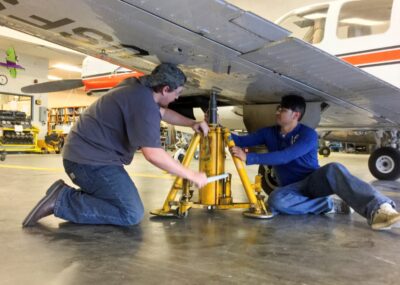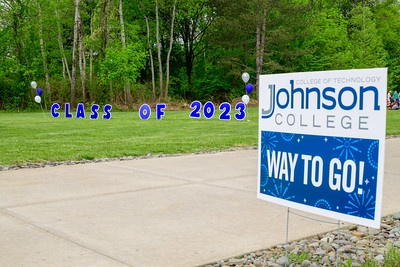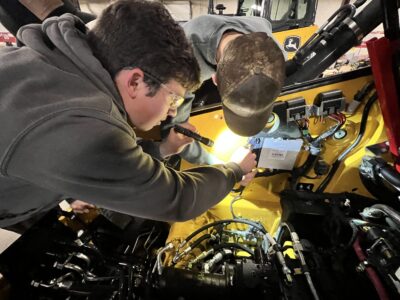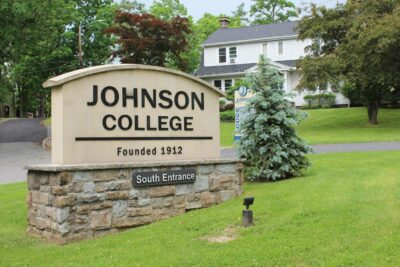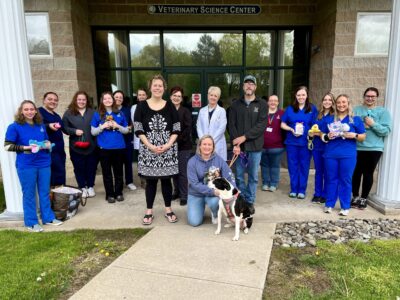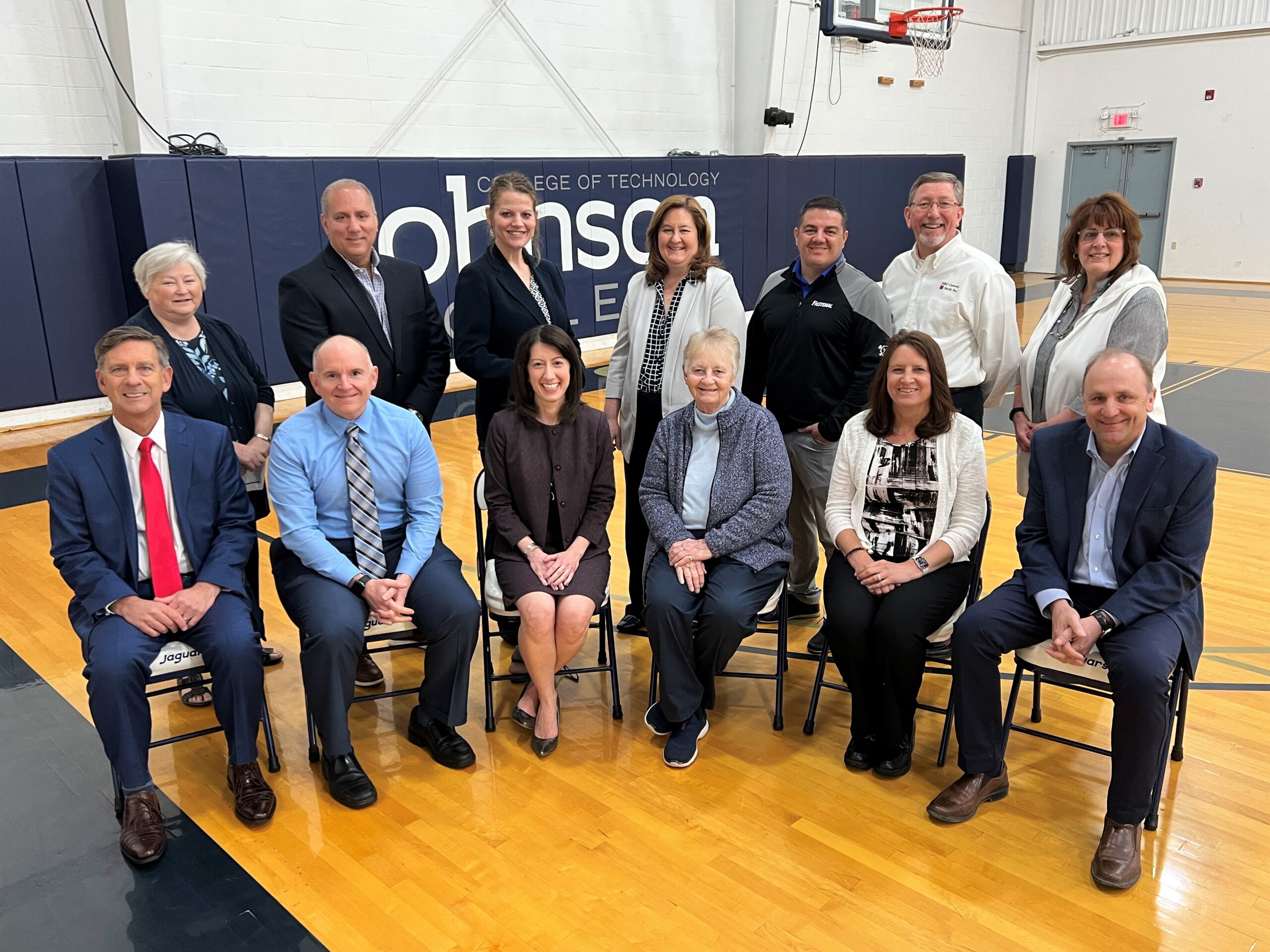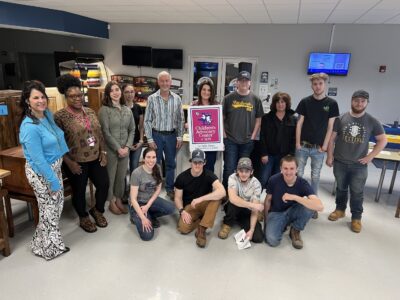Johnson College is hosting a Closer Look at its new 2-year Aviation Technology program on June 12, 2023, from 4 p.m. to 6 p.m. inside hangar two at the Wilkes-Barre/Scranton International Airport.
Johnson College’s Aviation Technology program prepares students as entry-level technicians with the latest information on diagnosis, repair procedures, preventive maintenance, and necessary safety applications in aviation technology. The program provides students with the knowledge and skills outlined in the Federal Aviation Administration’s (FAA) Mechanics Airman Certification Standard (ACS). It also prepares students to take the FAA licensure exam for general, airframe, and powerplant knowledge. Students will gain an understanding of aircraft structures, systems, engines, finishes, materials, components, procedures, and operation.
The Johnson College Enrollment team and Aviation Technology faculty will be on hand to answer questions regarding the program, career opportunities, and the enrollment process.
For more information or to register, visit https://johnsoncollege.my.salesforce-sites.com/events/targetX_eventsb__events#/esr?eid=a1H8c00000CXQ99EAH or contact the College’s Enrollment department at (570) 702-8856 or enroll@johnson.edu.
To learn more about Johnson College’s 2-year Aviation Technology program, visit https://johnson.edu/aviation/.

